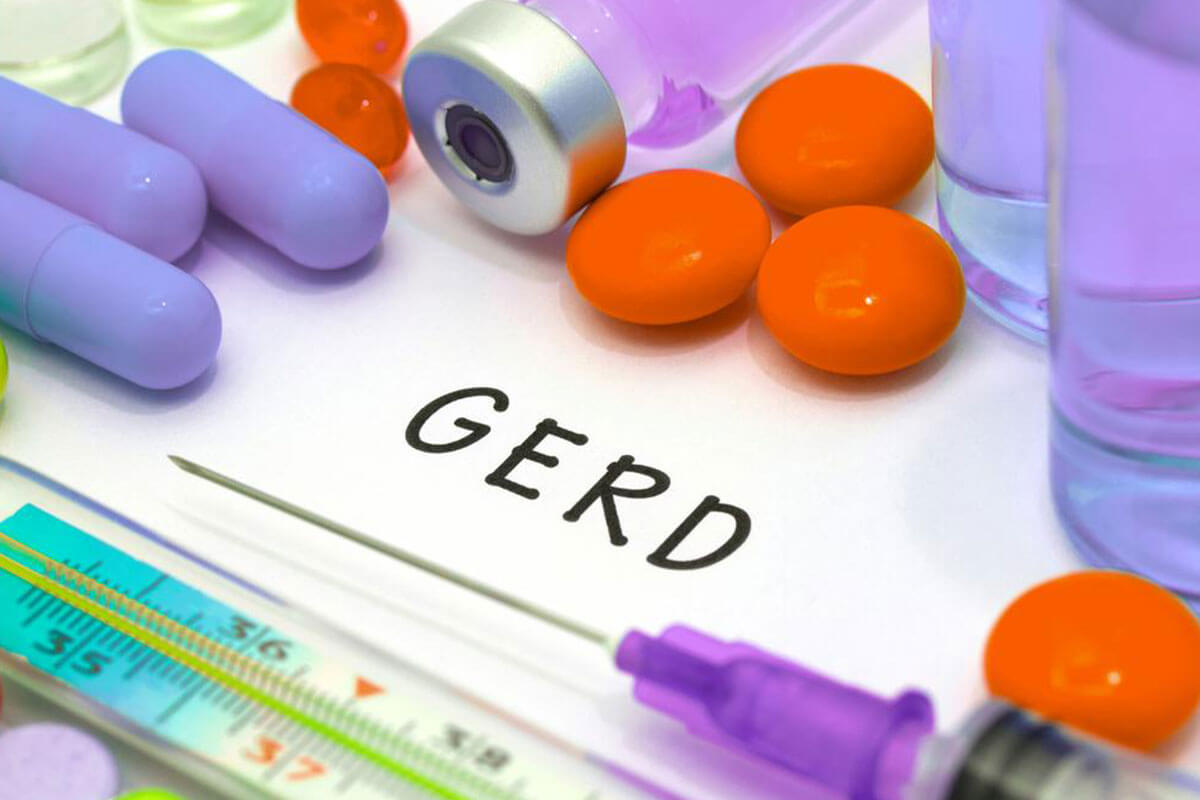Effective Strategies for Managing GERD Symptoms
Discover effective medical and lifestyle strategies to control GERD symptoms. From medications to dietary adjustments, learn how to manage acid reflux and prevent discomfort. Consult a healthcare professional for personalized advice on severe cases or persistent symptoms.

Effective Strategies for Managing GERD Symptoms
Strategies for Managing Gastroesophageal Reflux Disease
GERD, or gastroesophageal reflux disease, occurs when stomach acids flow back into the esophagus, causing discomfort and potential damage. While occasional acid reflux is common, GERD is a persistent condition requiring proper management.
Various remedies and treatments can help alleviate symptoms and prevent flare-ups:
Medical Treatments for GERD
The primary treatment options for GERD include:
Over-the-counter antacids that neutralize stomach acid can provide quick relief.
H2 receptor blockers may be recommended to reduce acid production.
Medications that relax the esophageal sphincter might be advised by your healthcare provider.
In severe cases, surgical procedures like LINX device placement or fundoplication could be necessary.
Lifestyle Changes to Control GERD
Implementing certain lifestyle adjustments can significantly reduce symptoms:
Eat smaller, more frequent meals
Avoid large meals that increase stomach pressure and provoke reflux. Smaller portions are easier to digest and reduce discomfort.
Maintain proper posture
Stay upright while eating and for at least 45-60 minutes afterward. Poor posture or lying down immediately after meals can worsen reflux.
Wear comfortable clothing
Opt for loose-fitting clothes around the abdomen to facilitate smoother digestion. Tight garments can increase internal pressure and trigger symptoms.
Identify and choose safe foods
Adjust your diet by avoiding known trigger foods like citrus fruits such as tangerines, grapefruits, pineapples, limes, and oranges. Incorporate safe options like low-fat dairy, bananas, and non-citrus fruits. Always consult your healthcare provider for personalized dietary advice.
Incorporating these strategies can help manage mild to moderate GERD symptoms. Severe or chronic reflux requires medical evaluation and intervention.










